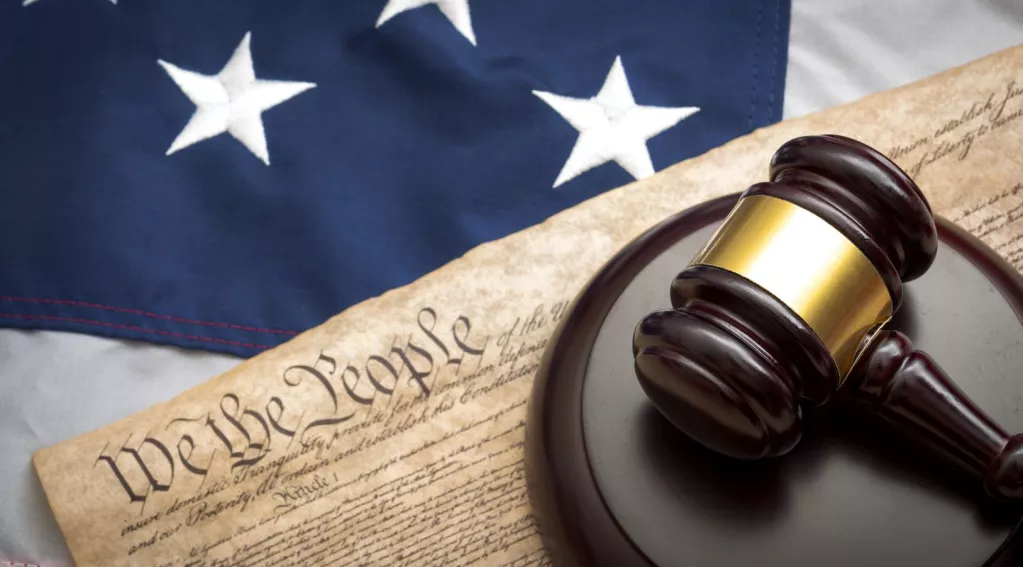Public Charge and Judicial Overreach

“Kritarchy” is a political science term that refers to the governance of a nation by judges. And concerned citizens should be asking themselves if the United States is becoming one – with democratically enacted rules being swept away by unelected judges who rule by ideological fiat.
In three recent rulings, federal judges in New York, California and Washington State issued injunctions prohibiting the Trump administration from implementing updated guidance for the application of “public charge” rules by U.S. Citizenship and Immigration Services. The rulings came as the result of lawsuits filed by 21 states and the District of Columbia, claiming that the new regulations both, “discriminate against low-income people from developing countries and undermine the well-being of children whose families might avoid using nutritional, health and other programs.”
According to Judge George B. Daniels, sitting in Manhattan, “The rule is simply a new agency policy of exclusion in search of a justification. It is repugnant to the American Dream of the opportunity for prosperity and success through hard work and upward mobility.” However, both the claims made by the plaintiff states, and Judge Daniels’ characterization of the rule, are profoundly off-base.
Immigration officers have had the authority to reject any aliens who appear to be unable to support themselves or their dependents since at least August 3, 1882— when Congress enacted a bar against the admission of “any person unable to take care of himself or herself without becoming a public charge.” The Trump administration’s new regulation simply clarifies how immigration officers should apply longstanding law.
Moreover, the complaints filed against the Trump administration concern claims that have already been heard by the Supreme Court in Mathews v. Diaz, 43 years ago. In that case, the Court ruled in favor of the government, stating, “Congress, which has broad power over immigration and naturalization and regularly makes rules regarding aliens that would be unacceptable if applied to citizens, has no constitutional duty to provide all aliens with the welfare benefits provided to citizens.” In other words, Congress may lawfully discriminate between citizens and aliens, both in prohibiting the use of welfare benefits by foreigners and in barring indigent aliens (who may require welfare to make ends meet) from the U.S.
In the context of the current lawsuits that means: Public charge laws don’t discriminate against low-income people from developing countries.They require immigrants from all countries to demonstrate that they have the means to support themselves when they arrive in the United States. And, rather than being “a policy of exclusion in search of a justification” the new regulations implement a policy of financial responsibility justified by the Immigration and Nationality Act, which was duly enacted by the elected representatives of the American people.
If Judge Daniels and his colleagues had fulfilled their responsibilities as federal judges and applied the Immigration and NationalityAct to the facts of the cases before them, they would have had no choice but to dismiss all of these spurious lawsuits. Instead, the judge, and his fellow kritarchs, usurped the functions of both the legislative and executive branches of the U.S. government, in order to inject their personal beliefs about immigration policy into the controversy.

